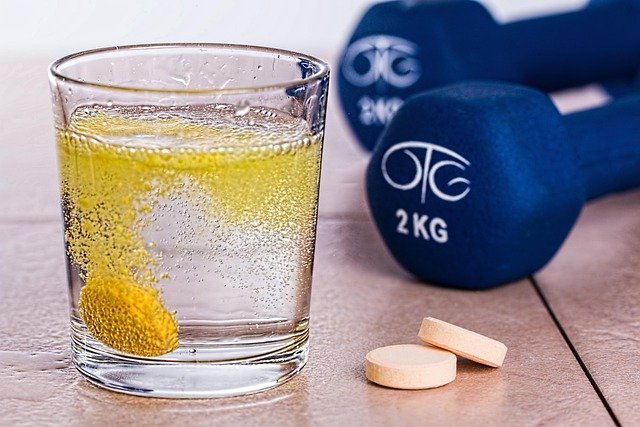Balanced meal plans that support collagen synthesis and lean mass maintenance
A balanced meal plan can help support both collagen synthesis and the maintenance of lean mass by combining targeted nutrients, consistent protein intake, and attention to recovery and hydration. Thoughtful meal timing, varied protein sources, and anti-inflammatory choices contribute to skin health, muscle tone, and overall resilience. This article explains how to structure daily eating patterns to back collagen production, preserve muscle during training, and support mobility and endurance without relying on supplements alone.

This article is for informational purposes only and should not be considered medical advice. Please consult a qualified healthcare professional for personalized guidance and treatment.
How does collagen support toning and resilience?
Collagen is a structural protein that contributes to skin elasticity and connective tissue integrity, which influences appearance and posture. Nutritionally, collagen synthesis relies on amino acids (especially glycine and proline), vitamin C, zinc, and copper. Including a mix of protein sources such as lean poultry, fish, dairy, legumes, and small amounts of bone broth provides building blocks; fruits and vegetables rich in vitamin C—such as citrus, strawberries, and bell peppers—support the biochemical processes. Reducing chronic inflammation through whole-food choices and balanced macronutrients also helps preserve tissue quality and toning over time.
Protein and nutrition for lean mass maintenance
To maintain lean mass, aim for regular protein across meals to support muscle protein synthesis and recovery. Distributing 20–30 g of high-quality protein per meal helps sustain strength and endurance during training phases. Prioritize complete proteins—eggs, dairy, soy, fish—and combine plant proteins to ensure adequate essential amino acids. Pairing protein with carbohydrates after exercise aids recovery and glycogen replenishment; healthy fats support hormonal balance. Overall nutrition that meets daily caloric needs while emphasizing protein intake supports resilience and reduces the risk of muscle loss during calorie fluctuations.
Hydration, circulation, and inflammation control
Hydration affects circulation, nutrient transport, and tissue recovery. Adequate fluid intake—adjusted for activity, climate, and body size—supports circulation and aids recovery from workouts. Anti-inflammatory food choices such as oily fish (omega-3s), leafy greens, berries, nuts, and spices like turmeric can reduce systemic inflammation that impairs collagen turnover and muscle repair. Minimize excess refined sugars and ultra-processed foods, which can exacerbate inflammation and interfere with skin health and muscle composition.
Recovery, sleep, and endurance for strength
Recovery and sleep are as important as nutrition for maintaining lean mass and supporting collagen health. Deep sleep phases promote growth hormone release and tissue repair; combining consistent sleep patterns with post-exercise protein and carbohydrate intake enhances muscle recovery. For endurance and strength, balance training with proper rest days and nutritional support: carbohydrate-rich meals for prolonged activity, and protein-focused meals for resistance sessions. These practices help preserve strength and contribute to long-term mobility and toning goals.
Mobility, flexibility, and posture considerations
Proper mobility and posture complement nutrition for visible toning and functional resilience. Nutrients that support connective tissue—collagen precursors, vitamin C, and minerals—work alongside targeted movement practices like stretching, mobility drills, and strength training to enhance flexibility and posture. Adequate protein and hydration allow tissues to recover so mobility work can be progressive. Consider scheduling lighter, mobility-focused sessions on active recovery days to maintain circulation and reduce stiffness without compromising muscle repair.
Practical meal plan examples and nutrition tips
Daily meal structure can be simple: prioritize protein at breakfast (Greek yogurt with fruit and a sprinkle of nuts), a balanced lunch with lean protein, whole grains, and vegetables, a pre- or post-workout snack with protein and carbs, and a dinner combining vegetables, healthy fats, and a protein source. Include vitamin-C-rich produce at one meal daily to support collagen synthesis. For people managing inflammation or heavier training loads, include oily fish twice weekly and plant-based foods rich in antioxidants. Monitor hydration throughout the day and align meal timing with activity to optimize recovery and endurance.
Conclusion A balanced approach that integrates targeted nutrients for collagen production, consistent protein intake for lean mass maintenance, adequate hydration, and sensible recovery strategies supports both skin and muscle health. Combining nutritional priorities with sleep, mobility work, and anti-inflammatory food choices helps sustain strength, flexibility, and long-term resilience without relying solely on supplements.






